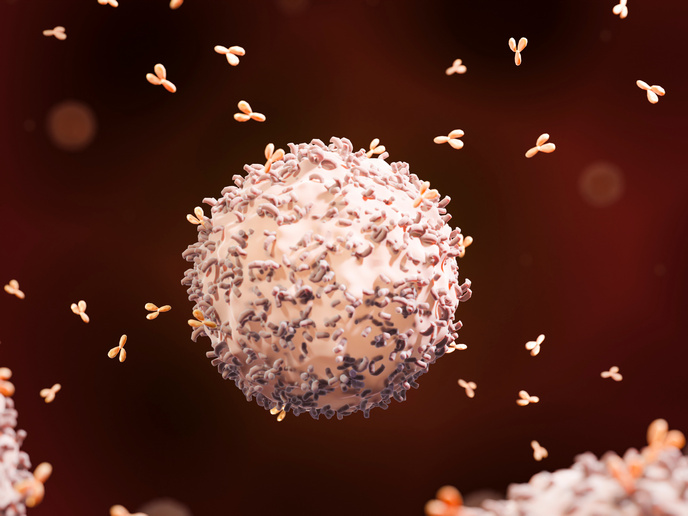The role of helminths in colorectal cancer
Helminth infection affects more than 2 billion people in low- and middle-income countries (LMICs), such as South Africa. As it has been reported that helminth infection provides some protection against immune-mediated diseases, both infection and the use of helminth products are in trials as novel therapeutics for inflammatory bowel disorders commonly underlying colorectal cancer. At the same time, the immune-suppressive nature of helminth infections can be detrimental to the generation of immune responses to other infections and vaccination, and may also impair anti-tumour responses in vivo. In LMICs in particular, infectious disease including helminths, contributes to over one third of cancers. As a result, the EU-funded WORMTUMORS project addressed the pressing need to determine how helminths affect CRC development. “Our goal was to understand how helminth infection contributes to tumour development, with the aim of identifying novel strategies to improve colorectal cancer treatment,″ explains the Marie Skłodowska-Curie fellow, Dr Katherine Smith. She developed an experimental model of CRC to test the impact of live helminth infection and exposure in cancer. More specifically, she studied how helminth infection altered the anti-tumour immune response. Dissecting the impact of helminth infection on tumour immunity Following extensive optimisation, Dr Smith successfully established a CRC mouse model, which she subsequently infected with the helminth H. polygyrus. Results demonstrated that helminth infection exacerbates the pathology associated with CRC formation and the animals exhibited increased weight loss, mortality and tumour formation. Clearance of chronic parasite infection using the anthelminthic drug Ivermectin improved weight loss and survival of infected animals. Profiling of the immune responses after infection identified classic helminth immune responses and the dampening of typical anti-tumour immunity. Furthermore, the increased systemic inflammation and the local innate immune response in the gut identified in chronically infected mice may impact CRC development. The role of diet on CRC development During development of the CRC model, Dr Smith observed that a diet rich in certain fatty acids greatly increased disease. Using mass spectrometry, WORMTUMORS scientists also determined that certain fatty acid metabolites found in the colon were associated with disease. When the role of fatty acid metabolism in CRC development was investigated, they discovered that helminth infection further increased the production of these specific fatty acid metabolites. To demonstrate that they contribute to disease, Dr Smith either administered stable forms of these metabolites or blocked their production in vivo. This work demonstrates that environmental factors such as helminth infection and diet change are risk factors for CRC development, especially in LMICs. It also reveals the fatty acid metabolism pathway as a potential target for patient treatment. Τhe socioeconomic development of sub-Saharan Africa is expected to increase exposure to dietary and lifestyle risk factors for cancer and hence increase cancer prevalence over the next few decades. The findings of the WORMTUMORS study may affect parasite-endemic regions and should be considered when designing treatment strategies. Collectively, the work of the study supports the push for global helminth eradication and the need to design novel drug candidates for the treatment of CRC.







